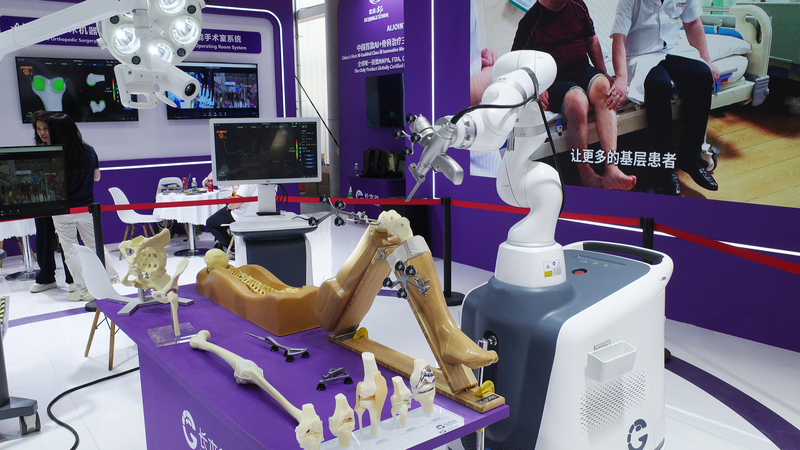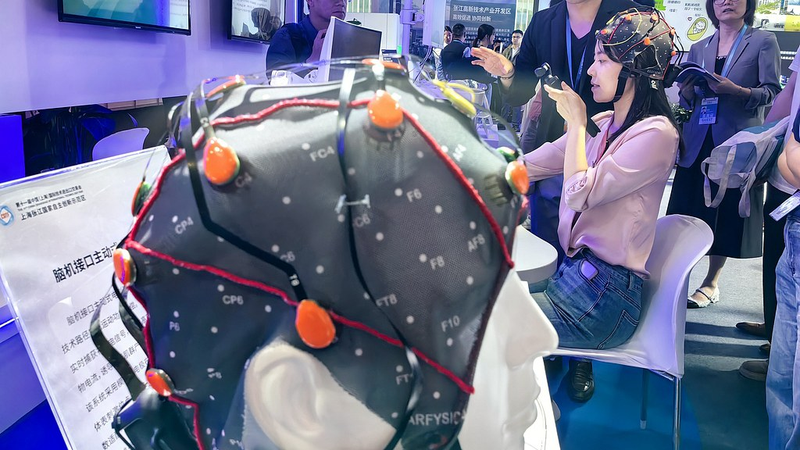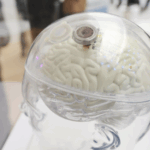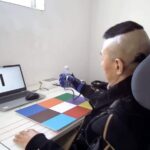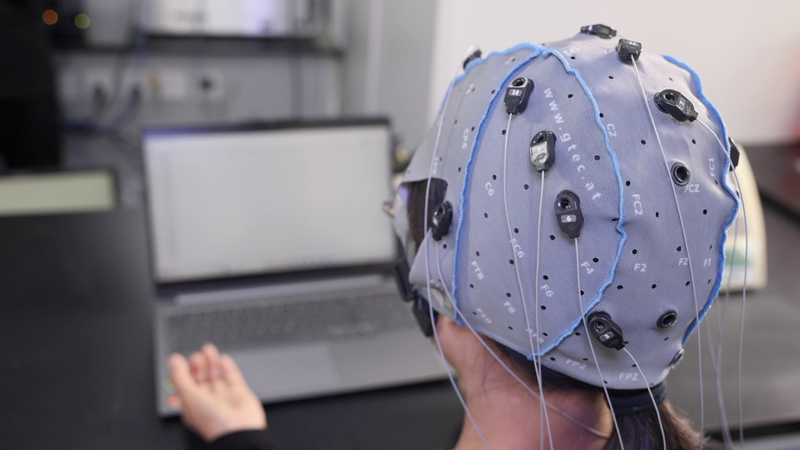China is redefining healthcare possibilities through cutting-edge medical technology, with a recent clinical trial showcasing the country’s growing leadership in neuroengineering. A man who lost all four limbs regained digital independence within weeks after receiving an invasive brain-computer interface (BCI) implant, marking China’s entry as the world’s second nation to achieve this milestone.
A Leap Forward in Neurotechnology
The participant mastered daily tasks like typing and gaming using only neural signals, demonstrating proficiency comparable to laptop touchpad use. “This trial proves China’s end-to-end capabilities in BCI development – from research to real-world application,” said Zhao Zhengtuo of the Chinese Academy of Sciences.
Policy Framework for Innovation
Seven central agencies, including MIIT and NDRC, released a 2025 guideline outlining phased goals through 2030 to strengthen China’s BCI ecosystem. The plan prioritizes hardware development, system optimization, and expanded clinical applications. Analysts predict the domestic BCI market will surpass 6 billion yuan ($835 million) by 2028.
New Hope for Chronic Conditions
Medical experts highlight BCIs’ potential to address neurological disorders like Parkinson’s and epilepsy. “Each breakthrough brings us closer to restoring function for patients with blindness, aphasia, or autism,” noted Dr. Jiang Xiaobing of Huazhong University of Science and Technology.
As China accelerates its medical tech roadmap, these innovations promise to reshape global healthcare standards while improving quality of life for millions.
Reference(s):
cgtn.com
